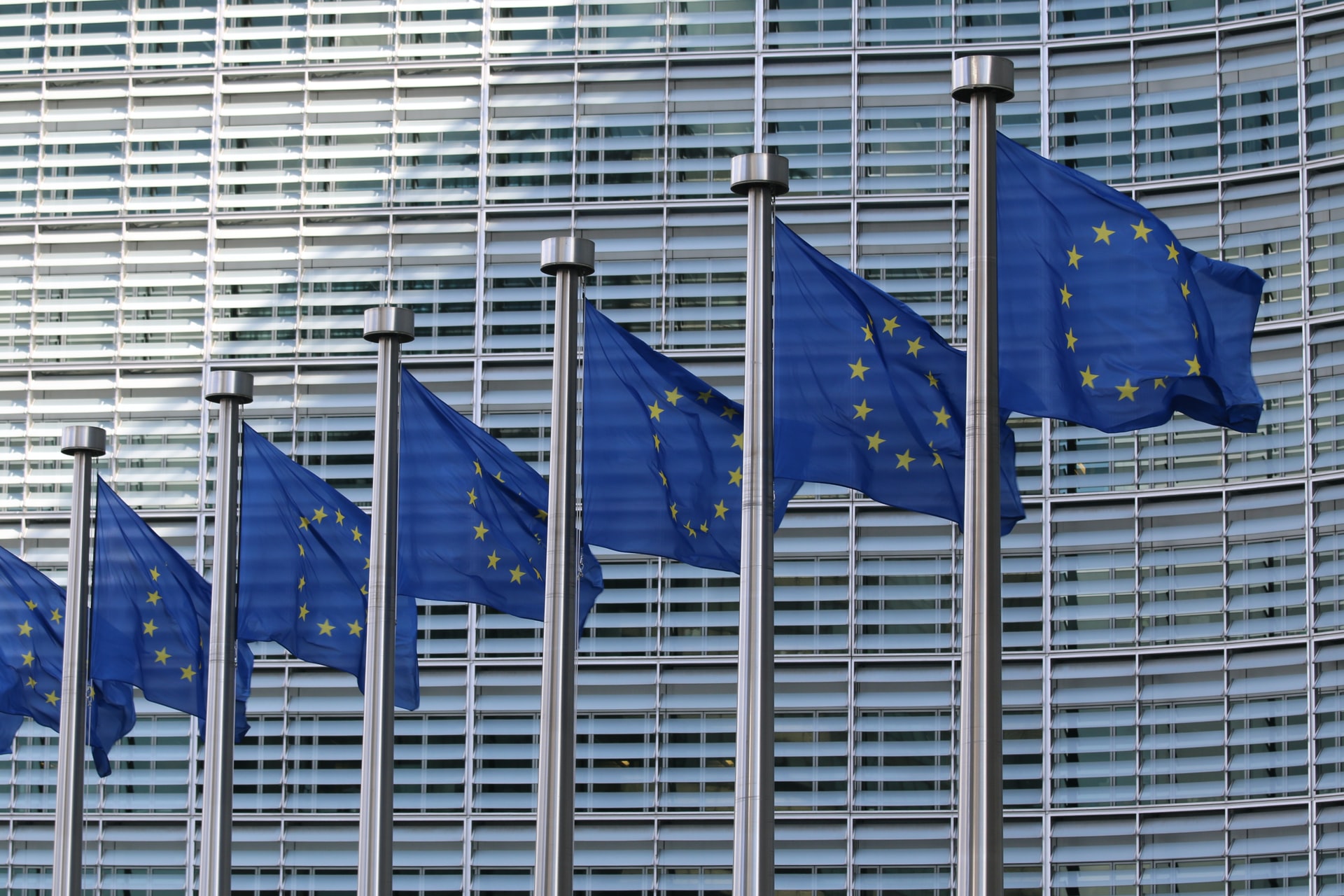The European Commission is ending scientific cooperation with Russia. This also has consequences for TU Delft, which is taking part in five EU projects involving Russia.
In the European science programme Horizon, Russia is a partner country. (Photo: Guillaume Périgois/Unsplash)
Following the line taken by the European Commission, Germany and Denmark, the Netherlands is also going to put scientific collaboration with Russia on hold. Sources in the academic world have told the Dutch Higher Education Press Agency (HOP) that the government will make a statement about it before the end of the week. In common with other countries, the Netherlands is introducing sanctions against the Putin regime. They include sanctions in the domain of science.
The government is likely to try and find the right balance: it does not want the Russian regime to benefit from research funds from the Netherlands, but at the same time it wants to avoid unleashing a witch hunt against individual researchers and students – especially those who are opposed to the war.
European Union
Wednesday, the European Commission terminated all scientific collaboration with Russia. No more payments are to be made to Russian partners and no new contracts will be signed.
Russia is a partner country in the European research funding programme Horizon. Russian researchers work in collaboration with European counterparts in fields such as nanotechnology, climate and health.
Delft cooperation
As far as is known, TU Delft is participating in five European projects with Russian partners and others. The projects have the acronyms AGILE 4.0, ARTEM, FUTPRINT50, PATRICIA, RI-URBANS. The first three focus on the development of more efficient and quieter aircraft. PATRICIA (Partitioning And Transmuter Research Initiative in a Collaborative Innovation Action) focuses on reducing nuclear waste at nuclear reactors. The RI-URBANS project will lead to better systems for measuring air quality in cities.
Germany had already announced an academic boycott and Denmark has now done the same. Conversely, Ukraine is being welcomed with open arms, having joined the Horizon programme last year as a partner.
Erasmus+
Russia is also a partner country in the European exchange programme Erasmus+. More than 2,500 Russian students came to Europe on exchange, while 1,900 European students went to Russia. That will presumably change as well, even though the European Commission has said nothing about it yet. It has, however, issued an appeal for help for Ukrainian exchange students and for Erasmus students who are currently in Russia.
In 2020, 1,201 students from Russia were taking a degree programme in the Netherlands: more than 900 were studying for a Bachelor’s degree and almost 300 for a Master’s. The numbers had been increasing over the last few years, due in part to a Netherlands Education Support Office (NESO) in Moscow that promotes exchanges. Almost 700 students came here from Ukraine, 600 of whom were studying for a Bachelor’s degree and 100 for a Master’s. Fewer students go in the opposite direction, however. The figures are a little behindhand but, as far as is known, in 2018 only 22 Dutch students were studying for a degree in Russia and six in Ukraine.
HOP, Bas Belleman
Delta, Tomas van Dijk
Translation: Taalcentrum-VU
Do you have a question or comment about this article?
redactie@hogeronderwijspersbureau.nl


Comments are closed.